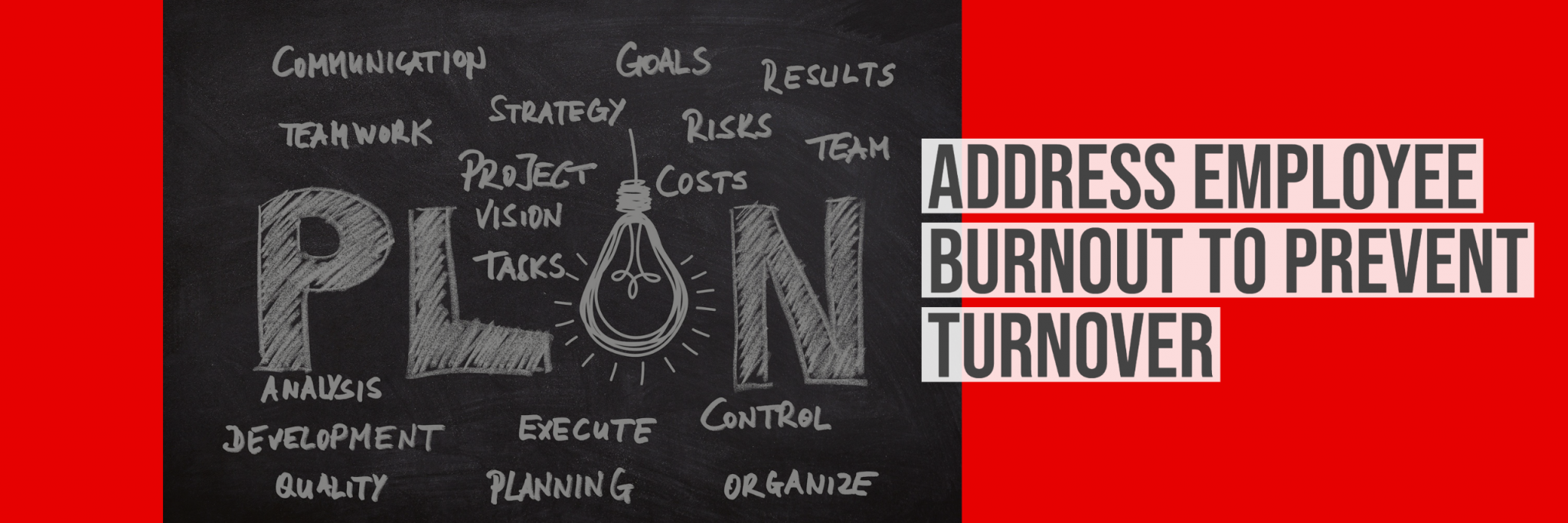
The workplace experienced cost-cutting measures as the first wave of COVID-19 impact and is now potentially facing turnover as the second wave.
Are employees feeling the pain of taking on additional responsibilities after layoffs? People will happily take on additional work because they are happy to have their job… at first but what happens when the market improves? They start looking at new opportunities!
With Q1 traditionally a busy hiring quarter and the economy starting to recover from the downturn, companies will start hiring. The most sought-after candidates are the ones that were not laid off. This means turnover.
Employee departures cost a company time, money, and other resources. Did you know that SHRM research suggests direct replacement costs can reach as high as 50%-60% of an employee’s annual salary?
According to a recent Gallup report on employee burnout, “it’s not just the number of hours you work; it’s how you’re managed and how you experience work during those hours.” (Gallup.com, 2020)
So, what can you do?
- Be proactive – don’t wait to hire until your remaining employees are overwhelmed (and looking for a new job).
- Rehire the employees you laid off – they already know your environment and require less ramp up time.
- Reach out to outside recruiters – they can offer additional information on current retention strategies, and support in finding qualified candidates quickly to reduce workload burden.
- Communicate with your team – create an open dialogue about their workload and your strategy to provide additional support and involve them in the hiring process.
Employee Burnout: The Biggest Myth (Gallup.com)
Do you know what really causes job burnout? It’s not just overtime. Learn the real causes of burnout and what your company can do. According to Gallup’s recent report, Employee Burnout: Causes and Cures, 76% of employees experience burnout on the job at least sometimes, and 28% say they are burned out “very often” or “always” at work.
Job burnout: How to spot it and take action (MayoClinic.org)
Feeling burned out at work? Find out what you can do when your job affects your health. Some research suggests that many people who experience symptoms of job burnout don’t believe their jobs are the main cause. Whatever the cause, job burnout can affect your physical and mental health. Consider how to know if you’ve got job burnout and what you can do about it.
Five Ways To Prevent Employee Burnout In Your Business (Forbes.com)
Sometimes hiring top performers is not enough. You need to make sure your top employees thrive and stay at your company. That means you need to provide them with the right environment so that they don’t burn out. The effects of employee burnout can be disastrous to your business: It can lower your team productivity, create interpersonal conflicts, and sometimes even cause you to lose some talent.
Let’s talk about how the Whitaker team can be a part of your turnover prevention plan. It’s a tight talent market for talented professionals, if you’re looking for an in-demand professional, or reach out to us and let us know how we can help!
